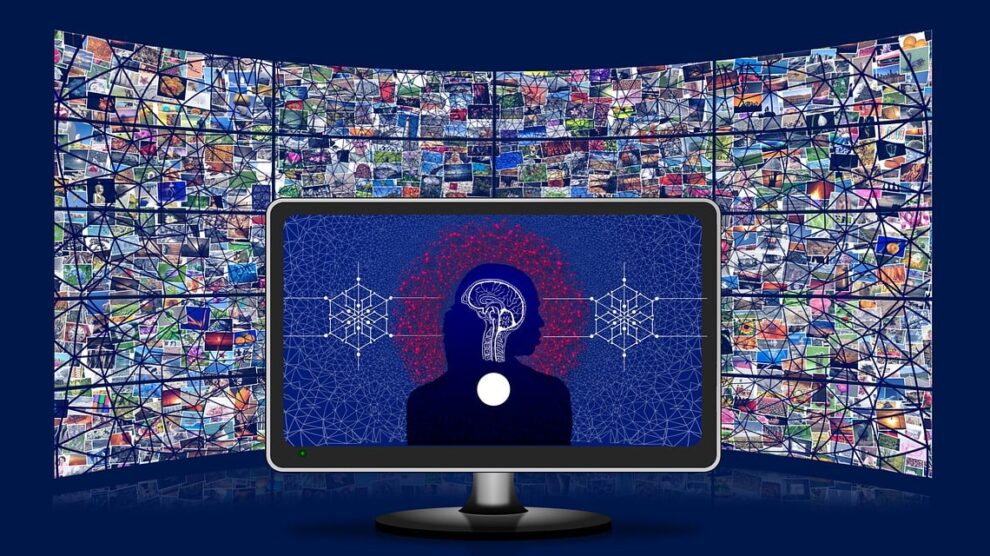Although Artificial Intelligence is still at a nascent stage, the impact of it has already been profound across a wide variety of sectors. At this stage the true potential of this unique technology is unfathomable. Yet, it is unanimously believed that it will transform how our society functions. Many experts believe that the effects of artificial intelligence will be overarching. The signs of which are there for all to see at this moment in time.
Like any other industry, the stock market industry too is extremely excited by the prospect of artificial intelligence and its impending disruption. In fact, we have already noticed enough evidence to tentatively suggest what the future could hold for the share market. However, among all this artificial intelligence hoopla, it is essential for us to be rational and analyse its possible future. Let us take a look at Artificial Intelligence from an objective point of view and understand how it could affect the stock market trading.
The Present Role of Artificial Intelligence in Stock Market
Automated trading, which is also popularly known as algorithmic trading has been used by several institutions and retail investors for well over a decade in the stock market. However, algorithmic trading which is being used in the present times cannot truly be termed as Artificial Intelligence per se. A better definition of it would suggest that it is an algorithm with a complex set of rules and action workflows. It would only be correct to call it Artificial Intelligence in the true sense if the algorithm was capable of adapting to the prevalent market conditions, learn from historical data and make appropriate trade-related decisions. Hence, we should accept that we are not at that level yet. At the same time, we are also not too far away from it.
While, some trading houses have already experimented by employing AI for picking certain stocks and thus giving rise to the concept of a human stock picker, others are in the process of bringing Artificial Intelligence within financial regulations and compliance, in a bid to make things more realistic and convenient.
In the evolution process of Artificial Intelligence, there are certain things which need to be considered by humans for the best possible results. Advancement in AI will inadvertently mean that it would acquire new capabilities, will have greater involvement, which in turn will increase its ability to influence the market drastically. Its involvement may range from stock picking to analysing even the smallest of components which could have reverberations on stock prices, making real-time decision-making a possibility. Such a scenario will have plenty of questions which will need answering.
Will the Fundamental Purpose of Market Change
The primary purpose of the market under present circumstances is to give correct valuation and liquidity for asset, stock or a commodity. Every now and then when the stock market is overvalued or undervalued, it is taken advantage off by investors to make money. It is widely believed that investors should ideally hold the stock till the value is corrected. A trend has been noticed that over the years, the window of time taken for correction has been coming down steadily. In future, it is expected that Artificial intelligence will have the power to evaluate and predict the correct value within seconds while taking into account external, technical and fundamental factors. Under the influence of this technology, it may well be possible that we will have a situation where every stock will be traded at a fair price. As a result, the traditional investment model will become obsolete.
Additionally, an advanced level of Artificial Intelligence will have the ability to predict the different types of forces acting in the closed financial market system. This will mean that there will be no scope for deviation in their prediction and their reasoning.
Artificial Intelligence in the future will also be able to predict the future and current value of individual stocks. Hence, there would neither be any speculation nor any liquidity.
Possibility of Market Crashes and Financial Singularity
It is not realistically possible to predict if market crashes will still exist when Artificial Intelligence is well and truly introduced in the stock market. However, in this regard a lot will depend on the type of market regulations that are implemented.
Financial singularity can be defined as a situation in the market when all the trading decisions are made solely on the basis of Artificial Intelligence. The possibility of such a situation looms large in the future. However, the probability of it becoming a reality in the near future is questionable. What is unquestionable is the fact that in the future Artificial Intelligence will be much faster and intelligent than the humans, hence it is inevitable.
The implementation of Artificial Intelligence at a greater level in stock market trading will open up a door to a whole new level of investing. The potential of this technology is tremendous. However, what remains to be seen is how it is used to make the most of the resources. Adoption of Artificial Intelligence is not overly complicated. Further, Machine Learning can also be utilised in trading. Hence, technologies like Artificial Intelligence and Machine Learning will have a major role to play not only in the stock market but in our overall lives as well.





